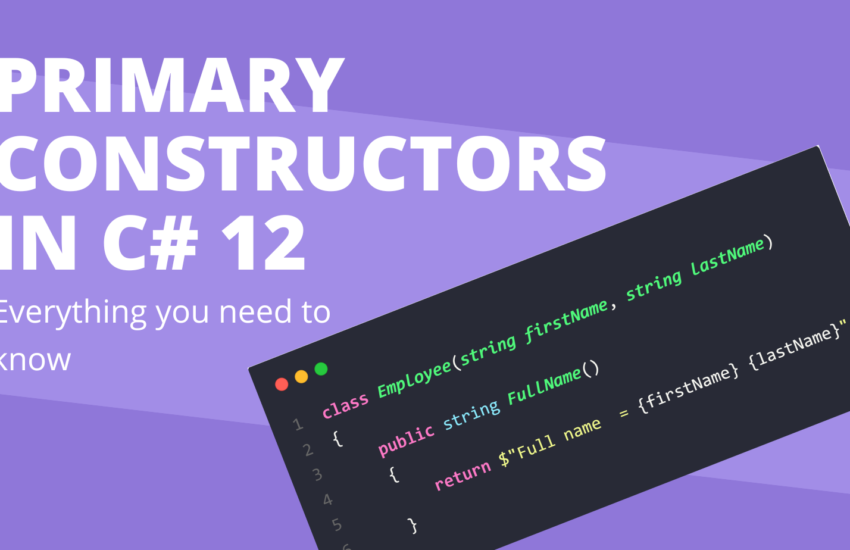Every developer must follow these best practices for C#
C# is a powerful programming language that can be used to develop a wide variety of applications, from desktop and web applications to mobile apps and games. While it’s relatively easy to learn, there are some best practices that developers should follow to ensure that their code is clean, maintainable, and efficient. In this blog post, we will explore some of the best practices for C# development.
Use Meaningful Variable Names:
When naming variables, use names that accurately describe the data they contain. This will make your code easier to read and understand for others who may need to work on it in the future. For example, instead of using “x” or “y” as variable names, use more descriptive names like “width” and “height”.
Avoid Using Global Variables:
Global variables can make your code difficult to understand and debug, as they can be accessed and modified from anywhere in the code. Instead, use local variables or pass values between functions as parameters. This will make your code more modular and easier to maintain.
Use Comments and Documentation:
Comments and documentation can help other developers understand your code and how it works. Make sure to use descriptive comments that explain what the code is doing and why. This will make it easier for others to modify or update your code in the future.
Use Exception Handling:
Exception handling is an essential part of writing robust and reliable code. Make sure to use try-catch blocks to handle potential errors and exceptions that may occur in your code. This will help prevent your application from crashing and provide a better user experience.
Follow SOLID Principles:
SOLID principles are a set of best practices for object-oriented programming that can help you write clean, maintainable, and scalable code. These principles include Single Responsibility, Open-Closed, Liskov Substitution, Interface Segregation, and Dependency Inversion. Following these principles will help you write code that is easy to modify and extend in the future.
Use Generics:
Generics allow you to write reusable code that can work with different data types. This can make your code more flexible and efficient, as you can write one function that can work with multiple data types. For example, instead of writing separate functions for adding integers and adding floats, you can write a single function that uses generics to add any two numeric types.
Use LINQ:
LINQ is a powerful tool for querying and manipulating data in C#. It allows you to write concise and expressive code that is easy to read and understand. By using LINQ, you can write complex queries in just a few lines of code, which can save you a lot of time and effort.
By following these best practices, you can write clean, maintainable, and efficient C# code that is easy to understand and debug. While there are many other best practices that you can follow, these seven practices are a great place to start. By taking the time to write clean and efficient code, you can save yourself a lot of time and effort in the long run and build better applications for your users.

